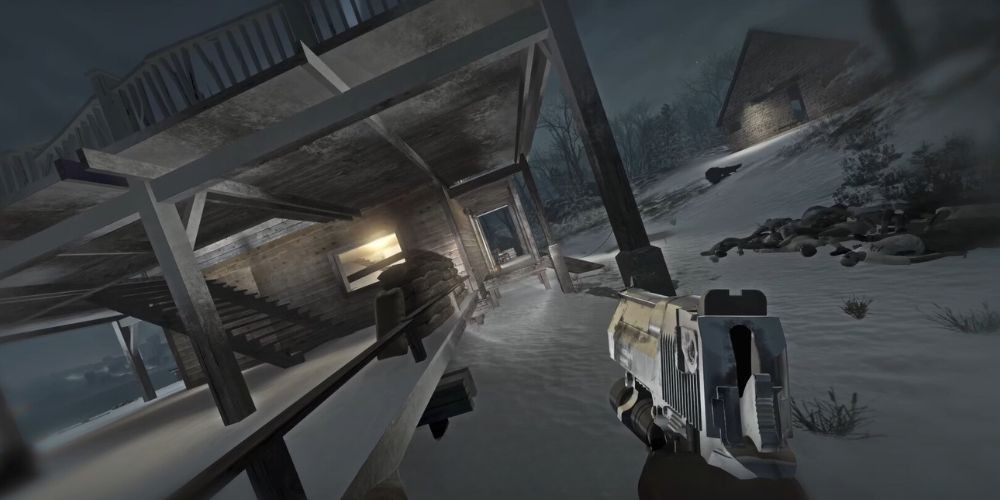Embracing Simplicity: The Vision That Preserved Left 4 Dead's Accessibility
- 168

When the relentless waves of undead first surged onto our screens with Left 4 Dead, they brought with them a stripped-down, frenetic energy that has since defined the co-op shooter genre. This game, which could have ventured into a complexity of player roles and skillsets akin to many classic role-playing experiences, instead held steadfast to a more universally welcoming gameplay structure. Chet Faliszek, the title's co-lead, stood as a bulwark against transforming zombie survival into a class-based system — a vision that has proved its merit over the years.
The temptation to weave in classes, introducing a layer of strategy and interdependency, seemed alluring, especially given the success of class-based titles like Valve's own free-to-play Alien Swarm. Integrating such a system can offer depth and replayability, appealing to those gamers who yearn to carve out a specific role within a team. But Faliszek, with a keen insight into the pulse of potential players, recognized the allure that simplicity and approachability could hold. His insistence kept Left 4 Dead accessible to virtually any player, not just the dedicated gaming aficionados.
The tenets of Left 4 Dead's design resonate even now as newer titles attempt to emulate its success with various iterations of the horde-shooter formula. Games like Warhammer: Vermintide 2 and Warhammer: Darktide demonstrate the potential of class-based systems layered on this archetype, catering to those craving more intricate mechanics. Yet, they serve a different niche, one that is arguably less mainstream than Left 4 Dead originally sought to captivate. Faliszek's commitment shielded the game from alienating the wider audience who just wanted to jump in and survive the night.
But the process was with contention. The development of Left 4 Dead faced its fair share of hurdles, from gameplay features to complying with international laws. An example of such a challenge was the Smoker — the game's long-tongued antagonist. Faliszek recounts a prolonged debate over the character's design due to certain legal restrictions, specifically Germany's law against depicting hangings in games. The Smoker could have choked players by the neck, yet the final design subtly changed to skirt this issue while still conveying a similar sense of peril.
Left 4 Dead's continuous popularity is a testament to the decision to favor a broad, mainstream appeal over a possibly dividing complexity. Faliszek's commitment to this foundational principle did more than shape the game; it set the benchmark for its genre. As players gear up to mow down zombie hordes without worrying about class roles and skill trees, they unknowingly honor a game design philosophy that favors inclusivity over intricacy. Left 4 Dead endures not as a relic of its time but as a gold standard for co-op shooters, whose core appeal — thanks in no small part to Faliszek's vision — remains undimmed by the years.
